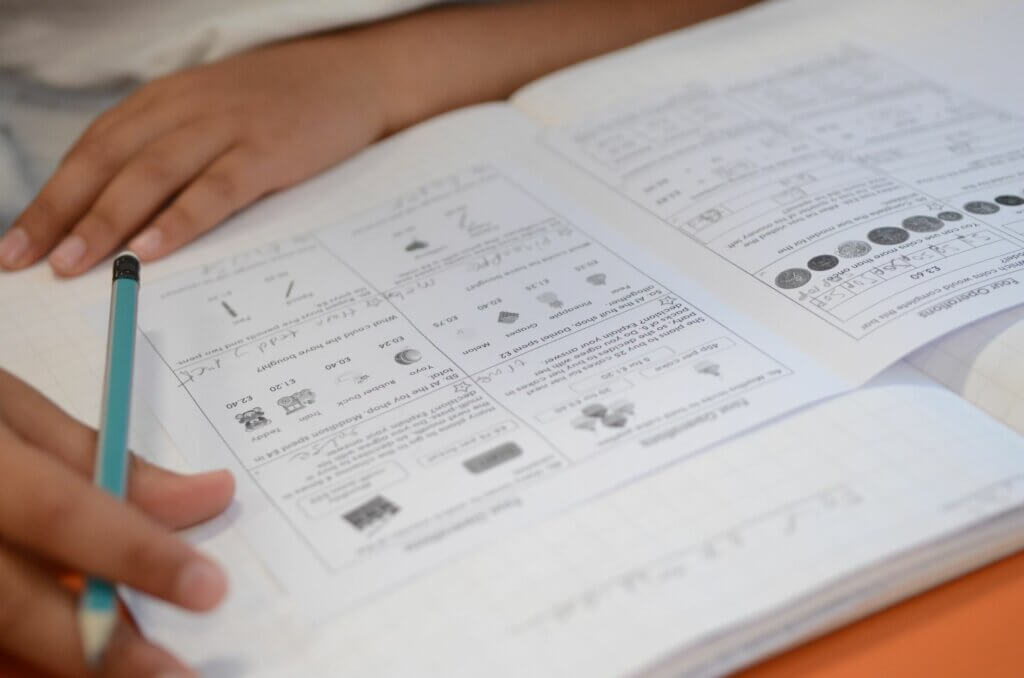Prevent review recommends better training and independent oversight for schools
This week, the government published its independent review of Prevent. The author of the report, William Shawcross, says that the government’s counter-terrorism programme has succeeded in combating terrorism and saving lives. However, he highlights several areas that require improvement.
In schools, Prevent duty was found to be successfully embedded within safeguarding processes and broadly well-understood. Practitioners ‘recognised the need to encompass the risk of radicalisation alongside forms of exploitation and abuse.’ In the year ending in March 2022, the education sector made the highest number of referrals to Prevent, totalling at 2,305, or 36 percent.
However, Shawcross suggests that frontline staff in schools and colleges require strengthened training on the causes of radicalisation and the ideological nature of terrorism. He refers to cases where schoolchildren have travelled, or attempted to travel, to Syria to join Islamic State. In the majority of these cases, Department for Education (DfE) analysis shows there was no prior indication of extremism. Shawcross expresses concern that ‘not all practitioners may be sufficiently adept at recognising how ideological drivers of terrorism present in young people and are missing signs of radicalisation risk.’
The report also notes that schools are not formally monitored for compliance with the duty, which instead falls under the remit of Ofsted and the DfE. Shawcross considers this a potential risk for effective Prevent delivery and recommends the creation of an independent standards and compliance unit (SCU). The government has accepted all 34 recommendations contained in the report, including the development of an SCU. However, leaders across the sector have expressed concerns about increasing levels of accountability in schools, rather than offering support.
Almost one in ten pupils report low happiness with school
As we spent this week celebrating Children’s Mental Health Week, the government released new guidance outlining how school staff should respond to attendance that has been affected by mental health issues. Whilst reminding schools that they should maintain high expectations for attendance, it states there is no need to routinely ask for medical evidence to support an authorised absence for mental health reasons. In exceptional cases, the guidance also suggests that part-time timetables can be used to help pupils reintegrate into school, supplementing face-to-face learning with remote education to help learners stay on track.
This comes as a report on the wellbeing of children and young people in England shows that the rates of mental health disorders and eating problems have increased. Findings show that in the aftermath of the pandemic, more children are struggling with loneliness and anxiety. Researchers explain ‘while the data cannot tell us about the causes, there are indications that a range of […] national and global issues may be causing worries and challenges for children.’ These include concerns about the cost of living crisis, the environment, social inequality, and negative experiences with social media.
According to the research, pupils who reported that they felt safe in school, enjoyed school, and that they belonged in school, were less likely to have a mental health disorder. Researchers say that this highlights the ‘importance of a supportive school environment [and] strong social relationships.’ However, a growing number of children reported low happiness with school, rising from 5.2 percent in 2019 to 8.9 in 2022.
Paul Whiteman, general secretary of the school leaders’ union NAHT, says ‘these extremely worrying findings chime with the experiences of our members, who have seen the damaging impact of the pandemic and cost of living crisis on children.’ He welcomes the introduction of mental health support teams in education settings, but urges the government to speed up the roll-out and offer further investment for counselling services in all schools.
Children’s Commissioner suggests improvements to relationships and sex education
Last year, when the Children’s Commissioner, Rachel de Souza, spoke to children and young people as part of a review into online sexual harassment and abuse, they told her that harmful behaviour is directly influenced by violent pornography. Now, the Children’s Commissioner has released a report exploring children’s access and exposure to pornography, and the harms that it can cause.
The report found that pornography exposure is ‘widespread and normalised – to the extent that children cannot opt-out.’ The average age at which children first see pornography is 13. The majority of young people agreed that viewing online pornography affects body image, self-esteem, and behaviour towards one another. In particular, young people felt that pornography perpetuates harmful stereotypes about women and often informs real-life sexual aggression and harmful behaviour towards girls.
Whilst the landmark Online Safety Bill is currently making its way through parliament, the Children’s Commissioner is conscious that age verification will not be a ‘silver bullet.’ However, she says education will play a key role in violence prevention and media literacy. When discussing the motivations of seeking out pornography, some young people believed that it filled a gap left by insufficient relationships and sex education (RSE). They reflected that RSE lessons were often focused exclusively on pregnancy, sexual health and contraception, without discussing the emotional aspect of physical relationships.
Therefore, de Souza says that schools should deliver teaching on pornography and sexual violence in an age-appropriate way, ‘with an overarching objective to prevent harm and equip pupils to have healthy, safe and consenting relationships.’ She plans to put forward proposals for improving RSE in a forthcoming report.
This week, we are reminded that education recovery is about so much more than closing the attainment gap. Giving children the best possible start in life means ensuring they are happy, healthy and ready to learn.
With one of the largest teams of Educational Psychologists in the country, One Education can help you meet the needs of your pupils and support their holistic development.
Explore our Education Welfare & Safeguarding services to find out how we can work with you to promote the welfare of children and protect them from harm.
For more information, please get in touch.












